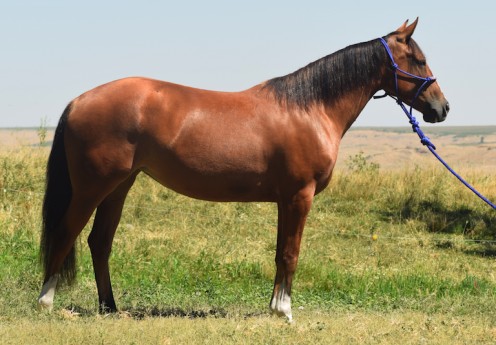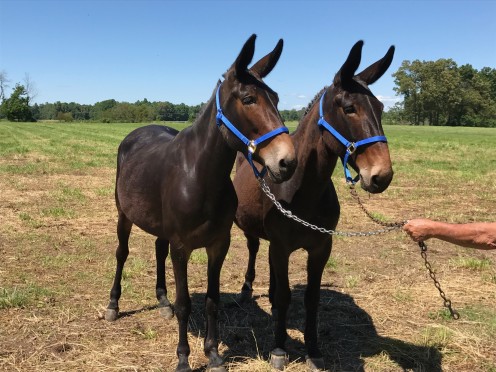Jake Patton Memoirs - JP20 - Jake Looked Back to 1840
All of the creeks flooded due to the excessive rainfall in a short period of time

Jake Recounted The Flooding Of The Spring of 1840
It seemed that each of those first several years in the Oak Creek valley exhibited very different weather patterns. We each kept our own journals, in our own ways, to remind us of the weather the prior year, of course. This is necessary on a farm to keep track of what worked, when, and to remind us in following years what we might do better. While this is important to do, in many ways, it was completely useless in this area at this time. No two years were even close to being similar in terms of specific temperatures and precipitation from year to year. As the years added up, of course, we could see general trends, but specifics simply didn’t follow from year to year. In this very temperate area, we experienced both very mild and very cold temperatures in the winters, but with no consistency from year to year. Summers were generally very temperate, but some were extremely hot and near drought-like. But not similar year to year.
1840 was a year with very little snow in the winter leading to spring, but then the rains came in extreme quantities. Hard, heavy and often. There was flooding of each of the creeks beyond anything we had known before. It was good that we had not attempted yet to build any bridges, because they would have been swept away, on several occasions, if there had been any. In my nearly 40 years in the valley, this was the most extreme I had seen. It did not replicate again, in my lifetime. But after about six weeks of regular rain, in seemed, by mid-April, to stopped. It was almost like 1833 for the rest of the year. Crops were gotten in late, but grew well, and were not much disturbed by weather the rest of the year.
A benefit of the spring flooding, despite some tragic side effects, was to be able to see where we needed to shore up our defenses for potential future flooding. This would be incomplete, of course, but anything done for the future was better than nothing. We learned where the ‘high ground’ really was, and where it wasn’t. I would guess that each of us moved the location of at least one small building based on that information. Actually, we were lucky to have only lost a few hogs, a couple of goats, and about a dozen chickens, as I recall, along with fencing and a handful of small buildings.
They continued to add to their breeding stock

Jake And Victor Renewed Prior Acquaintances
After the 4th of July celebration, again, as in the prior year, Victor Campbell and I made our way to the south to record his purchase of a third 160 acre parcel in the west valley, as had been planned. We had come to look at this annual trip as valuable on many fronts. It was much more important to us than simply to record a deed, as important as that was. We had developed several friendships there and along the way that we enjoyed renewing each year. County reorganization was getting close, and it was nice to learn that our expressed interests from the prior years had taken hold in discussions that were now getting very serious.
We learned that current plans, now in writing, did include an Oak Creek Township in the northwest corner of the new county, tentatively named Shannon, that would be 6 miles north and south and 10 miles east and west, as we had requested. That didn’t seem to impinge on anyone else’s priority interests, and looked good to us. While there, I agreed to begin meeting regularly, that is, every couple of months, with the planning group on county reorganization to continue to represent our interests. They still had many undecided issues, but hoped they would be resolved in the coming year.
I did in fact make a half dozen of these trips, myself, over the following months. They were each very worthwhile for long run benefit to our valley. Individually, the meetings were generally perfunctory and rather boring, of course. But, the final product, and the ‘after-hour’ discussions, were invaluable for the time and for the future. I realized, also, that I both enjoyed, and was fairly competent, at this political activity process. It was the beginning of a new personal viewpoint that I retained the rest of my life.
They found that mules were well suited to farm work in the valley

Jake Maintained His Active Role in the Growing Community
I kept Robert Baldridge, in particular, updated on my discussions and meetings on county reorganization both because he had great interest in them and there were regular discussions of these issues as visitors came and went at the Mill. It was important for him to have the latest ‘true facts’ as well as to keep attuned to all such conversations and keep me up to date on the trends in the thinking of local and regional community members who came through there from time to time. He would continue to play key roles in the local political scene for many years. Those conversations paid off well in the long run.
By the fall, Hugh, Victor and I worked out the details of our mule breeding program and entered into a formal partnership agreement to make it a formal, free-standing business operation. It was intended to provide a regular stream of mules available to us in the valley and others who might become potential customers. Each of us had developed assets that could be contributed to the business, and each of us had skills that the business needed. These would benefit each of us making these assets and skills available to the business. This was the beginning of a long, and I will add highly profitable, business for each of us.
[See JP21, to follow]
From the Author
This series of stories, JPx, is part of a first draft of what I hope and assume becomes a published novel in support of “The Homeplace Saga” series of family saga, historical fiction stories. It features the self-told story of one of the original settlers of the Oak Creek Valley, Colonel Jake Patton. Some, including him, would say he was the leader of the group. He had a very big ego, that is for sure, but he always tried to make it look like what he was doing was for the benefit of the community. And, of course, it was. But, there was always something in it for him, as well. He managed to grow the inheritance he was fortunate to receive from his father into something that left a nice trust fund for his descendants. We’ve already seen some of these stories, earlier, in the Saga tales. Come along, and let’s see how Colonel Patton tells his own story.
Note: I will publish JPx hubs, from time to time. I will write occasional notes at Patreon about Jake Patton. I may write other things elsewhere. These are each a part of the creative process to create the true first draft of a novel. You, my readers, can take part in this effort at www dot patreon dot com slash HomeplaceSagas. Join us there Today.



